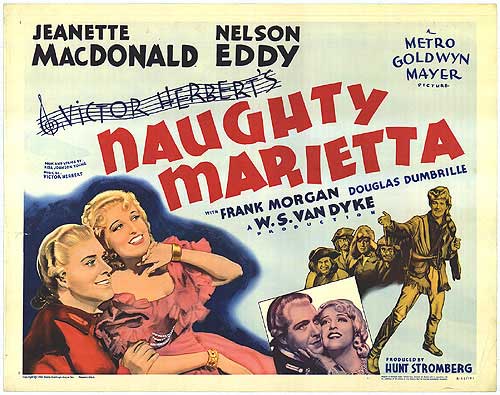Monty Stratton was one of the greats.
He was a Texas farmboy who knew how to throw a baseball. Recruited by the Chicago White Sox, he spent five years in the majors. From 1934 through 1938, he compiled a 36–23 record with 196 strikeouts and a 3.71 ERA in 487.1 innings. In 1937, he won 15 games with a 2.40 ERA and five shout-outs. The next season, he won another 15 games and completed 17 of his 22 starts. For those of you who might not speak baseball, that all means that he was a really good right-handed pitcher.
When Stratton wasn’t playing baseball, you could find him down on his farm in Greenville, Texas. He lived there with his wife, Ethel. On November 27th, 1938, Monty Stratton was hunting rabbits when he accidentally shot himself in his right leg. While Stratton survived the shooting, his leg was amputated, bringing Stratton’s major league career to an end.
No longer able to play in the majors, Monty Stratton spent the next few years as a pitching coach and helping to start a semi-pro team in Greenville. With the help and encouragement of his wife, he continued to practice his pitching and he eventually trained himself to the point where he could transfer his weight effectively onto his artificial leg so that he could effectively throw a baseball. In 1947, Monty Stratton made a comeback, pitching in the minors and ending the season with an 18–8 record and a 4.17 earned run average. Stratton spent the next six years pitching in the minors before retiring from the game. He went on to start the Greenville Little League program. If you go to Greenville, you can still find Monty Stratton Field near Greenville High School.
The Stratton Story was made in 1949, shortly after Stratton’s comeback and while he was still playing in the minors. James Stewart plays Monty Stratton while June Allyson plays his wife. The movie follows Stratton from his early days on the farm through his major league career, his accident, and his eventual comeback. Though the real Monty Stratton served as a technical advisor to the film, I don’t know how historically accurate it was. The movie, for instance, seemed to condense the timeline so that it seemed like Stratton went straight from losing his leg to practicing for his comeback when it actually took ten years for Stratton to eventually get signed to a minor league team. Even if it does take some liberties from the facts, The Stratton Story is still a good movie. The baseball scenes are great and Jimmy Stewart is convincing when he’s throwing the baseball. He’s also convincing in the scenes where Stratton sinks into a dark depression after losing his leg. Stewart was so good in the role that, when Stratton finally started to practice his pitching again, I wanted to jump up and cheer.
I liked The Stratton Story. It probably helps that I love baseball but it’s also a good movie about an inspiring story.








